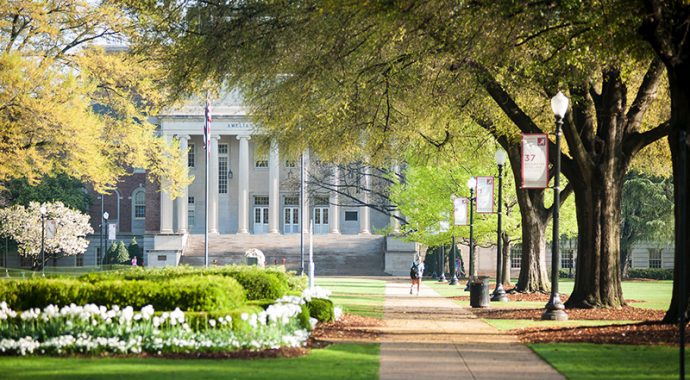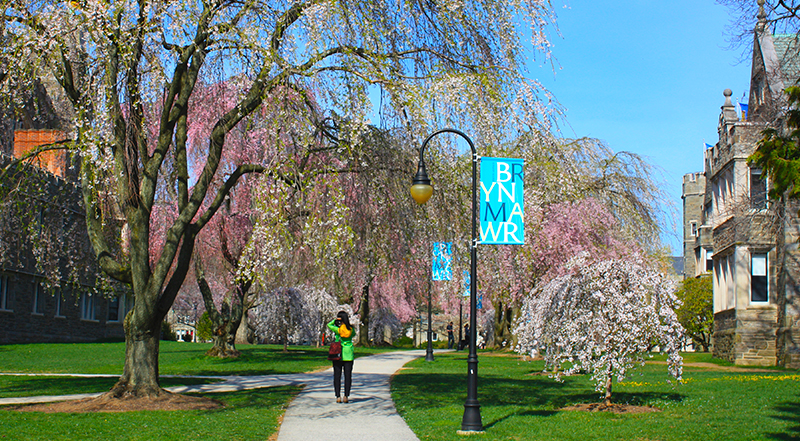
By Elizabeth LaScala, PhD
Public honors colleges may be the clear winners in our new post-COVID-19 reality. They offer a small residential college educational experience and the resources that you can only find at a larger school. The best choices for families are going to be schools that manage price and good teaching. If schools charge more, they must be able to show they offer better instruction commensurate with cost. Public honors colleges attempt to do both. Here are the many advantages a strong honors college can offer:
+ Students get a chance to attend smaller classes taught by full-time faculty from their freshman year onward. This means that they may get the equivalent of an education at a smaller private school for much less money.
+ Honors students in some programs receive priority registration for classes.
+ Honors programs that include honors housing put highly motivated students together.
+ Honors credentials, including excellent grades and a promising thesis, can be an excellent springboard into graduate work or law school or medical school. Admissions committees look most favorably upon the applicants with the strongest academic credentials. Honors colleges offer their own advisors who aid in these processes.
+ An honors program of respectable size, up to 10 percent of the student body, paints a positive picture on the academic reputation of the greater university community.
+ The more flexible programs allow students to apply for admission during or after the freshman year. They offer a second chance to people who were not admitted the first time.
Clearly, a public honors college is an attractive alternative to a large state university for students who are sure that they want a liberal arts education, but want to enjoy the social, cultural and academic opportunities offered at larger universities. So are there any downsides?
– Not all courses at a larger school will be honors courses. Honors work would be combined with traditional large lecture courses in the first two years. If a student’s preference is to have no lecture courses, they would be better off at a traditional liberal arts and sciences college.
– Honors students represent a small segment of the student body. Whenever a college or university is under pressure to make budget cuts, they will start with programs that benefit the fewest students. This does not mean that the school would terminate an honors program. But some benefits, such as scholarship dollars, could be reduced.
– Honors students at a larger school are still part of a greater university community. While they have access to more resources, such as larger libraries, than they would find at a smaller school, they must share them with the rest of the student body. They must deal with crowds and bureaucracy, just like everyone else.
– If a school does not manage the program right, honors students will be considered special in a bad way. A large university wants to overcome a perception of creating a “privileged class” within its freshman class, whether it be scholarship athletes or supposedly brilliant scholars. If the university administration fails, they will have created a program that harbors resentment within the larger student body. Students have no problem with classmates receiving full scholarships, per se, but they expect those people to be thankful and to earn them every day they are on campus. Those who work hard and get along with others will attract respect and enhance the honors program’s reputation.
Carefully evaluate the opportunities that come with entering a public college as an honors student. Be sure that they are compatible with your student’s interests and objectives. And find an evidenced-based approach to discerning if the honors faculty and staff can do all that they promise they will do.
Read on here for a review by college admissions advisor and educational writer, Stuart Nachbar, on some specific honors colleges worthy of mention.



